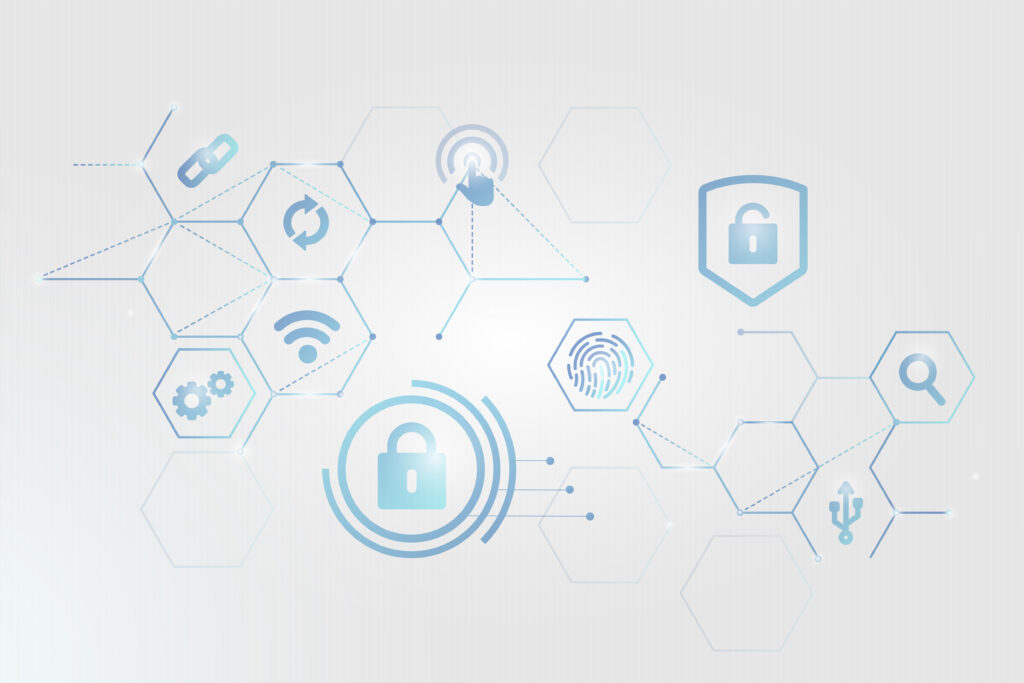Effective communication management is crucial for journalists to protect their sensitive information and maintain confidentiality. This article focuses on essential practices for secure communication. It highlights strategies such as using the Brave web browser with a built-in VPN, deactivating Bluetooth and Wi-Fi when not in use, installing ad blockers, utilizing disappearing and encrypted messaging functions, and understanding where information is stored on mobile devices.
Using the Brave Browser with a Built-In VPN
The Brave web browser offers enhanced privacy features, including a built-in virtual private network (VPN). Journalists can benefit from the added security and anonymity provided by the VPN, which encrypts internet traffic and shields browsing activity from potential eavesdroppers and trackers. By utilizing the Brave browser with its integrated VPN, journalists can safeguard their online communications and protect sensitive information.
Deactivating Bluetooth and Wi-Fi
To minimize the risk of unauthorized access to their devices and sensitive data, journalists should deactivate Bluetooth and Wi-Fi connections when not in use. Leaving these features enabled can make devices vulnerable to hacking and unauthorized connections. By disabling Bluetooth and Wi-Fi, journalists can reduce potential avenues for unauthorized access and maintain better control over their communication channels.
Installing an Ad Blocker
Ad blockers are valuable tools for journalists seeking to enhance their online communication security. They help prevent malicious ads that may contain malware or compromise the integrity of the communication platform. By installing reputable ad-blocking software or browser extensions, journalists can reduce the risk of being exposed to potentially harmful advertisements that could compromise their devices or communication channels.
Utilizing Disappearing Message Functions
When communicating sensitive or confidential information, journalists should make use of platforms or messaging applications that offer disappearing message functionality. Disappearing messages automatically delete themselves after a specified time, reducing the risk of sensitive information being accessible long-term. This feature ensures that communications are temporary and mitigates the potential for data leaks or unauthorized access to sensitive information.
Using Encrypted Messaging Functions
Encryption is a vital component of secure communication. Journalists should prioritize using messaging applications or platforms that offer end-to-end encryption. This ensures that the content of their messages remains confidential and can only be accessed by the intended recipient. Popular encrypted messaging apps include Signal and WhatsApp (with end-to-end encryption enabled). By utilizing encrypted messaging functions, journalists can protect their conversations from interception or unauthorized access.
Understanding Where Information is Stored on the Phone
Journalists should have a clear understanding of where their information is stored on their mobile devices. This includes being aware of which apps have access to personal data, files, or contact information. By regularly reviewing app permissions and restricting access to sensitive data, journalists can minimize the potential for unauthorized information retrieval. This practice helps protect personal privacy and limits the exposure of confidential information.
Effective communication management is a critical aspect of safeguarding sensitive information for journalists. By implementing practices such as using the Brave browser with a built-in VPN, deactivating Bluetooth and Wi-Fi, installing ad blockers, utilizing disappearing and encrypted messaging functions, and understanding where information is stored on their devices, journalists can enhance their communication security.

